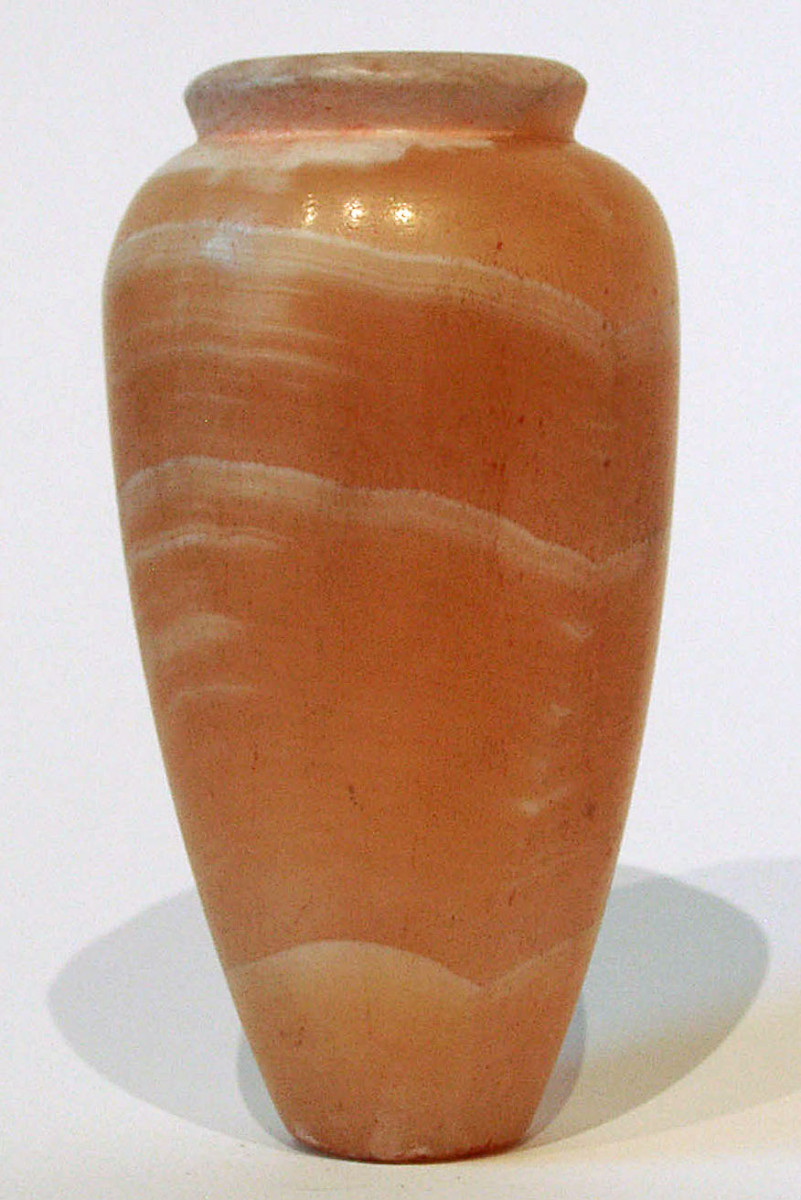2 Apr. Mary anoints Jesus with a sweet-smelling fragrance
"It was now only two days before the Passover... Jesus was in Bethany at the house of Simon, who had a skin disease [which made him ritually unclean]."
"While Jesus was eating there, a woman [Jesus's friend Mary, who was Simon's neighbour] approached him with an alabaster jar filled with very expensive perfume, made of pure nard."
"She opened the jar and poured the perfume on Jesus's head."
"Some who were there became upset and said to each other, 'Why waste that perfume? It was worth a full year's work. It could have been sold and the money given to the poor.' And they got very angry with the woman."
"Jesus said, 'Leave her alone. Why are you troubling her? She did an excellent thing for me. You will always have the poor with you, and you can help them any time you want. But you will not always have me.'"
"This woman did the only thing she could do for me; she poured perfume on my body to prepare me for burial. I tell you the truth, wherever the Good News is preached in all the world, what this woman has done will be told, and people will remember her."
(Mark 14:1-9)

On the Wednesday – two days before the Passover festival – the chief priests and Jewish elders met at the palace of the High Priest and plotted how they could arrest Jesus away from the crowds.
According to Mark, that evening Jesus was anointed with expensive perfume by a woman at Bethany. John, in his gospel, tells us that the woman was Mary, the sister of Martha and Lazarus (see John 12:3). This pure ‘nard’ was an extravagant luxury – an expensive import from Northern India – costing as much as three hundred denarii (a year’s wages), and the ointment was kept in an expensive alabaster jar carved painstakingly out of stone (not a cheap pottery jar).
Some of Jesus's followers – including Judas Iscariot – were indignant at the apparent waste, as the perfume could have been sold and the money given to the poor. Jesus pointed out that there would always be poor people “and you can help them any time you want” (Mark 14:7) (see Deuteronomy 15:11). He then commended Mary for using the perfume “to prepare me for burial” (Mark 14:8).
Whether the Jewish onlookers understood what Jesus meant is questionable. It would have been highly unusual for a Jew - let alone a 'famous' celebrity rabbi - to dine at the home of a man with leprosy. The expensive sweet-smelling perfume may well have been thought of as an antibiotic, or as protection against catching the deadly skin disease. Jesus's reference to 'preparing me for burial' may have been seen as a reference to the possibility that he might have contracted the deadly disease.
Jesus knew that the leading priests and the teachers of the law were, at that very moment, plotting to arrest him and kill him. So he commended Mary for what he knew might be the very last opportunity she had for expressing her love and appreciation for her best friend.
After all, Jesus had recently raised Mary's brother Lazarus from the dead (see John 11:28-44), and Mary was one of Jesus's rabbinical pupils who sat listening at his feet (in an age when women were not regarded as being capable of Biblical study) (see Luke 10:39).
But only Jesus knew exactly what would happen over the next few days...
The photo shows an expensive alabaster jar of the kind used to carry expensive perfumes in Jesus's day.
You can read more about Jesus's betrayal @ https://www.thebiblejourney.org/…/6-jesu…/jesus-is-betrayed/
